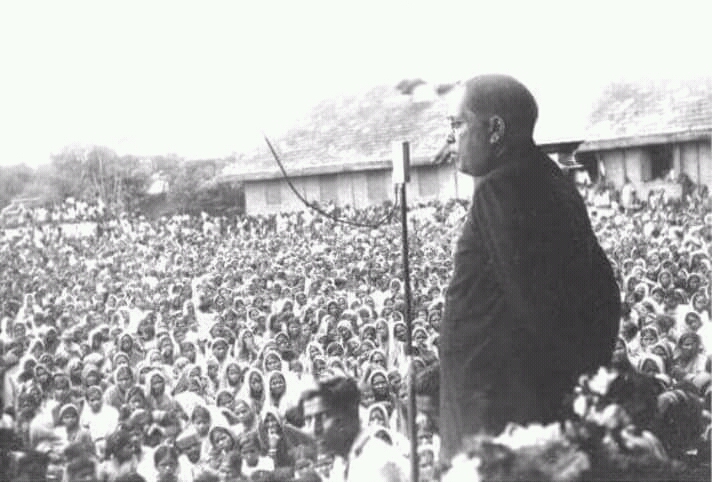![]()
- Uttar Pradesh Scheduled Caste Finance and Development Corporation Limited (UPSCFDC), Lucknowhttps://www.upscfdc.in This Corporation was established in 1975 with the goal of enhancing the social and economic standing of Scheduled Caste people by fostering their entrepreneurship and developing their skills, ultimately eradicating their poverty and raising their standard of living. This Corporation implements PM-AJAY Scheme, with sub-schemes as follows:
- Government of Puducherry – Adi Dravidar Welfare and Scheduled Tribes Welfare DepartmentThe Government of Puducherry, through the Adi Dravidar Welfare and Scheduled Tribes Welfare Department, is implementing various welfare schemes for the upliftment of Scheduled Caste and Scheduled Tribe communities. In continuation of these efforts, a new scheme title: “Mudhalvarin Pudhumai Penn Scheme for Subsidy towards Purchase of e-Scooters by the Working Women and College-going Female … Read more
- Dr. Ambedkar National Memorial26 Alipur Road where Dr BR Ambedkar breathed his last is known as Mahaparinirvana Bhoomi. The memorial has been designed to look like a constitution in the form of a book and is spread in nearly 2 acres. This building is an amalgamation of modern and Buddhist architecture. Musical fountains, a replica of the Ashoka … Read more
- Fundamental RightsThe fundamental rights were included in the Constitution of India because they were considered essential for the development of the personality of every individual and to preserve human dignity. The writers of the constitution regarded democracy of no avail if civil liberties, like freedom of speech and religion, were not recognised and protected by the … Read more
- Educate, Organise, AgitateDr. B. R. Ambedkar (popularly known as Babasaheb) has given this clarion call (slogan) to his followers because he believed that caste-based marginalisation had led millions of Dalits into abject mental and physical poverty, and stripped them of their humanity. The three pillars of the clarion call will guide the way towards emancipation, freedom, justice, … Read more
Parivrajaka Foundation is a Non Government Organisation (NGO) registered under Section 8 of the Indian Companies Act., 2013.

Parivrajakas are seeker of truth who did not live permanently in any one place. The members of the Parivraka Foundation are motivated and supported to come out of their comfort zones and serve the society by developing cultural, social, health, economical and educational facilities for citizens belonging to Scheduled Castes and Scheduled Tribes.
Foundation was incorporated on 03.10.2022 with the aims to work towards the betterment of Scheduled Castes and Scheduled Tribes in the field of education, awareness and social welfare.
It’s a long never ending journey for the betterment of fellow citizens.
“For a successful revolution it is not enough that there is discontent. What is required is a profound and thorough conviction of the justice, necessity and importance of political and social rights.“
Dr. B. R. Ambedkar
